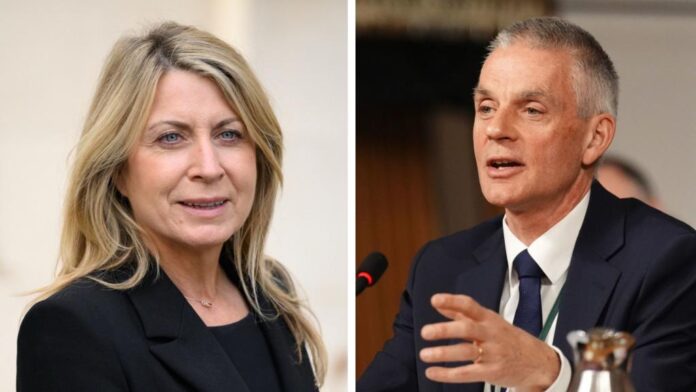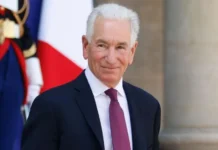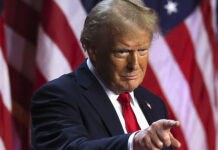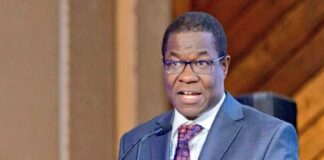The BBC was thrown into turmoil on Sunday as its director general Tim Davie and head of news Deborah Turness resigned following revelations that the broadcaster aired a misleadingly edited clip of a speech by former US president Donald Trump.
The resignations came after the Telegraph published details from a leaked internal memo accusing the BBC of manipulating footage from a “Panorama” programme to make it appear as though Trump had incited violence during the January 6 attack on the US Capitol.
Davie, who has led the BBC since 2020, said in a message to staff that his decision to step down was “entirely my own.” He added that he took “ultimate responsibility” for what he called “serious editorial failings.”
Turness described her resignation as an act of accountability, saying the controversy had “reached a stage where it is causing damage to the BBC – an institution that I love.”
The internal dossier was compiled by Michael Prescott, a communications adviser brought in to review editorial standards. Prescott’s memo alleged that a “doctored” version of Trump’s January 6 speech had been broadcast, removing parts where he urged supporters to “cheer on” lawmakers and instead splicing in the more combative phrase “fight like hell.”
The revelations sparked a fierce backlash from Trump allies in Washington. His son Donald Trump Jr. accused the BBC of being “as dishonest and full of s— as the ones here in America,” while White House communications director Karoline Leavitt called the broadcaster “100 percent fake news.”
Trump himself hailed the resignations as a victory, posting on Truth Social that “these are very dishonest people who tried to step on the scales of a presidential election.”
In London, political reaction was swift. Culture Secretary Lisa Nandy praised Davie for leading the corporation “through a period of significant change” but said that the need for “trusted news and high quality programming” was more urgent than ever.
Conservative leader Kemi Badenoch welcomed the resignations but said the crisis exposed “a catalogue of serious failures” at the heart of the BBC. “The new leadership must now deliver genuine reform of the culture of the BBC, top to bottom,” she said, adding that the broadcaster could not expect to retain its compulsory licence fee “unless it can finally demonstrate true impartiality.”
The BBC, which is funded by a £174.50 annual fee paid by all UK households with a television, has long been held up as a model of editorial independence. Yet its reputation has been repeatedly tested by scandals over bias, management failures, and allegations of political interference.
The latest controversy is among the gravest in the BBC’s history, reviving questions about how a publicly funded institution can maintain trust in an era of intense political polarisation.
The corporation declined to comment beyond confirming the resignations and saying an acting leadership team would be announced in the coming days.



















